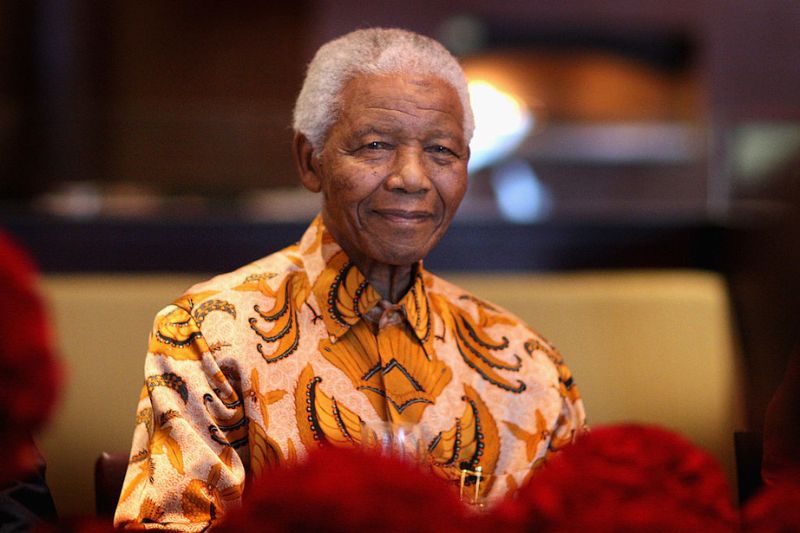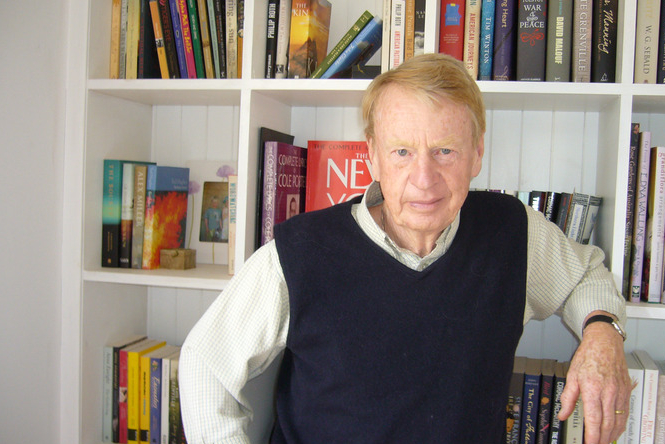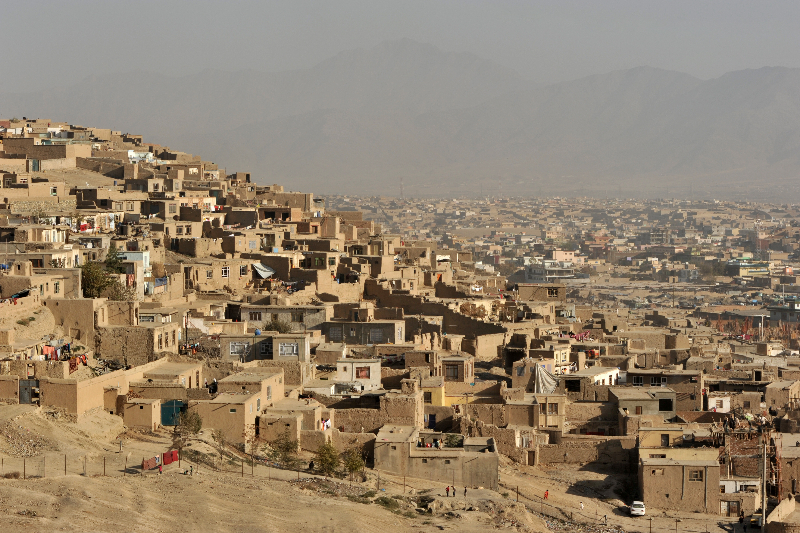Keywords: Trump
There are more than 200 results, only the first 200 are displayed here.
-

INTERNATIONAL
- Andrew Hamilton
- 14 July 2022
3 Comments
The leaders of the past are often referred to as a measuring stick for evaluating the present. Australian prime ministers are routinely compared to John Curtin or Robert Menzies. This coming week calls to mind another leader against whom we might measure others. July 18 marks Mandela Day, an annual international day in honour of Nelson Mandela, the first Black President of South Africa. Mandela had the quality, rare today, of being born to rule.
READ MORE 
-

INTERNATIONAL
- Binoy Kampmark
- 20 June 2022
11 Comments
In the context of mass school shootings in the United States, the latest of which took place at Robb Elementary School in Uvalde, Texas, a crude form of deterrence has made an appearance. To be safer, you do not remove guns, but spread them through a policy of mutually assured terror. Any gun toting individual entering the school grounds will think twice before encountering the hail of bullets from a protective teacher. Gun control, accordingly, becomes anathema.
READ MORE 
-

AUSTRALIA
- Michael McVeigh
- 15 June 2022
6 Comments
One would assume that the Victorian Liberal Party has looked at the numbers, and believes that religious conservatives no longer make up a significant proportion of their constituency. Certainly, the moral authority of the Catholic Church and other Christian denominations has taken a battering in the state over the last decade, with many remaining openly hostile to religious perspectives. If the pro-life movement was ever a significant force in Australian politics, that’s no longer the case.
READ MORE 
-

ARTS AND CULTURE
- Brian Matthews
- 09 June 2022
3 Comments
Brian Matthews, academic, award-winning columnist and biographer, and Australia's foremost scholar on Henry Lawson and his mother Louisa, died last Thursday 2 June following complications related to lymphoma, at the age of 86. Brian first wrote for Eureka Street in February, 2002 and continued to contribute his monthly column for 20 years.
READ MORE 
-

MEDIA
- David Halliday
- 20 May 2022
The news of Musk’s $44 billion dollar purchase of the platform was met with paroxysms of excitement or hysteria depending on where one sits on the political spectrum. Everyone had something to say about it (including Eureka Street). Considering the corrosive state of public discourse over the last few years, which has at least in part been influenced by the algorithms driving social media platforms like Facebook, Twitter and YouTube, I’ll be upfront in saying I’m not especially convinced of Twitter’s status as a social good. So, this development is at least deserving of some curiosity.
READ MORE 
-

AUSTRALIA
- Ben Rich
- 17 February 2022
11 Comments
Today we see a resurgence of digital tribalism, a glorification of disingenuous engagement online and humiliating those of a different perspective. Everywhere we see simplistic and belligerent narratives of ‘us versus them’ over more nuanced explanations that might impart a greater sense of shared humanity and common purpose. So what happened?
READ MORE 
-

AUSTRALIA
- Cristy Clark
- 08 February 2022
22 Comments
Avoiding discomfort is a privilege only enjoyed by those who benefit from the status quo, and civility policing is fundamentally about protecting both that privilege and the status quo itself. Confronting the reality of injustice in both our past and our present should be uncomfortable, and no one is entitled to immunity.
READ MORE 
-

RELIGION
- Andrew Hamilton
- 04 January 2022
12 Comments
The exchanges within churches echo trends in national life that heighten disagreements, lessen respect, and tend to confine conversation circles to people of similar views. People become annoyed if those opposing their views gatecrash their forums. This trend creates problems for Church sponsored publications.
READ MORE
-

ARTS AND CULTURE
- Andrew Hamilton
- 26 October 2021
4 Comments
These weekday mornings all is quiet. / I stroll across the highway, / a piddle of cars in the outbound lane, / a puddle at the distant lights. / Along the parkland trail / cowled figures walk alone, / measuring their distance. / From the rise above the railway cutting / Macedon stands burly in the smoke-free air.
READ MORE 
-

AUSTRALIA
- Andrew Hamilton
- 23 September 2021
15 Comments
Unlike December 25, September 26 is a World Day that passes by in silence. It calls for the Elimination of all Nuclear Weapons. Nuclear power is too mysterious to understand, too horrific to dwell on, and too far away to take responsibility for. It and its destructive power are unthinkable. And yet it continues to press on us, most recently in the announcement that Australia will build nuclear-powered submarines.
READ MORE 
-

INTERNATIONAL
- Binoy Kampmark
- 20 September 2021
31 Comments
Defence is a costly business, and few branches of defence are more costly, and questionable, than a country’s submarine capability. Since 2009, Project SEA 1000, the name for Australia’s Future Submarine program, has fascinated strategists and defence planners. In 2016, this resulted in an agreement with the French submarine company DCNS (now called Naval Group) to build an un-designed attack class vessel. Other contenders in the competitive tender — Germany and Japan, for instance — had existing models.
READ MORE 
-

INTERNATIONAL
- Andrew Hamilton
- 24 August 2021
14 Comments
Most early commentary on the swift coming to power of the Taliban in Afghanistan has focused on how it happened and who was to blame for it. Much of the blame has been focused on United States President Biden and former President Trump. Increasingly attention has turned to the plight of people in Afghanistan, particularly women and those who helped the occupation forces and women.
READ MORE 